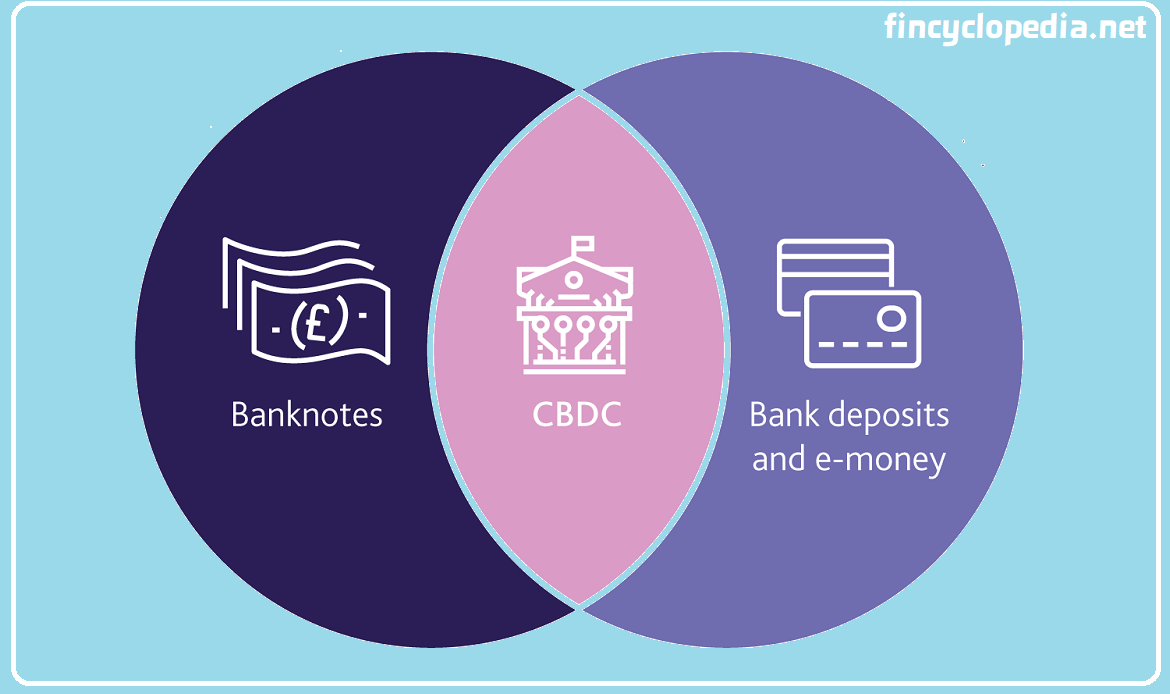A monetary amount that is created and put aside in order to meet specific requirements, including, for banks (commercial banks) and financial institutions, central bank requirements. The bank either keeps its reserves (real paper money) in its vaults or in its account at the central bank.
Regulatory reserve requirements are set to determine the maximum size of loans and placements that a commercial bank, and the entire banking system, may maintain in relation to total deposits. Therefore, if the reserve requirement is 15 per cent of deposits, loans and placements of a bank may not exceed 85 per cent of its total deposits.
Reserve requirements places a cap on the total expansion of bank credit and the secondary expansion of bank deposits that can be induced by any primary increase in deposits. Overall, reserve requirements limit the extent to which bank loans and placements can, or must, react to an increase or decrease in the cash balances of banks as a result of rediscounts conducted at the central bank or as a result of a change in another nondeposit item in a bank’s balance sheet.
The expansion or contraction of bank loans and placements results in the increase or decrease of deposits and in turn an increase or decrease in the amount of required reserves.






